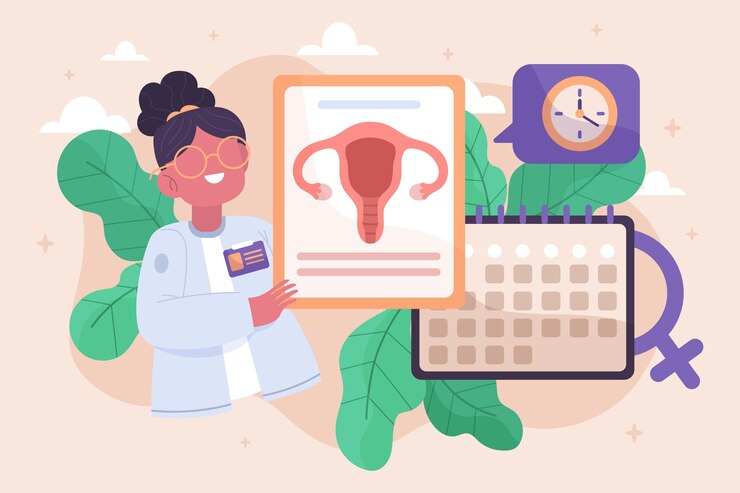
Menstruation is a natural biological process that every woman experiences, yet it remains shrouded in myths, misconceptions, and cultural taboos in many parts of the world. Menstrual education and awareness play a crucial role in empowering women, promoting health, and breaking down barriers associated with menstruation. Let’s explore why menstrual education is important and how it contributes to positive change.
Why Menstrual Education Matters
- Promoting Health and Hygiene: Comprehensive menstrual education helps women understand the biological aspects of menstruation, including menstrual cycle phases, hygiene practices, and managing menstrual symptoms.
- Empowering Girls and Women: By providing accurate information, menstrual education empowers girls and women to make informed choices about their bodies and menstrual health. It builds confidence and reduces feelings of shame or embarrassment associated with menstruation.
- Breaking Cultural Taboos: In many cultures, menstruation is surrounded by taboos and stigma, leading to discriminatory practices and restrictions on women’s activities. Education helps challenge these beliefs and promotes a more positive and respectful attitude towards menstruation.
Components of Effective Menstrual Education
- Comprehensive Curriculum: Schools and communities should include menstrual education as part of their health curriculum, covering topics such as menstrual hygiene, reproductive health, and emotional well-being.
- Access to Information: Ensuring access to accurate and age-appropriate information about menstruation through educational materials, workshops, and peer discussions.
- Involving Families and Communities: Engaging parents, caregivers, and community leaders in discussions about menstruation to foster supportive environments and reduce stigma.
Impact of Menstrual Education
- Improved Health Outcomes: Educated women are more likely to adopt healthy menstrual hygiene practices, reducing the risk of infections and complications associated with poor menstrual hygiene.
- Empowerment and Confidence: Girls who receive menstrual education are better equipped to manage their periods with confidence, enabling them to participate fully in school, work, and social activities.
- Social Change: By challenging myths and taboos, menstrual education contributes to broader social change, promoting gender equality and women’s rights.
Initiatives and Campaigns
- Global Advocacy: Organizations and initiatives worldwide advocate for menstrual education and access to menstrual products, aiming to empower women and girls in underserved communities.
- Policy Advocacy: Advocating for policies that prioritize menstrual hygiene management in schools, workplaces, and public spaces, ensuring access to facilities, products, and education.
Conclusion
Menstrual education is not just about biology; it’s about empowerment, dignity, and human rights. By promoting awareness, challenging stigma, and providing education, we can create a world where every woman and girl can manage her menstruation safely, confidently, and with pride.
Let’s continue to educate, advocate, and empower—because menstruation matters, and so do women’s health and rights.
